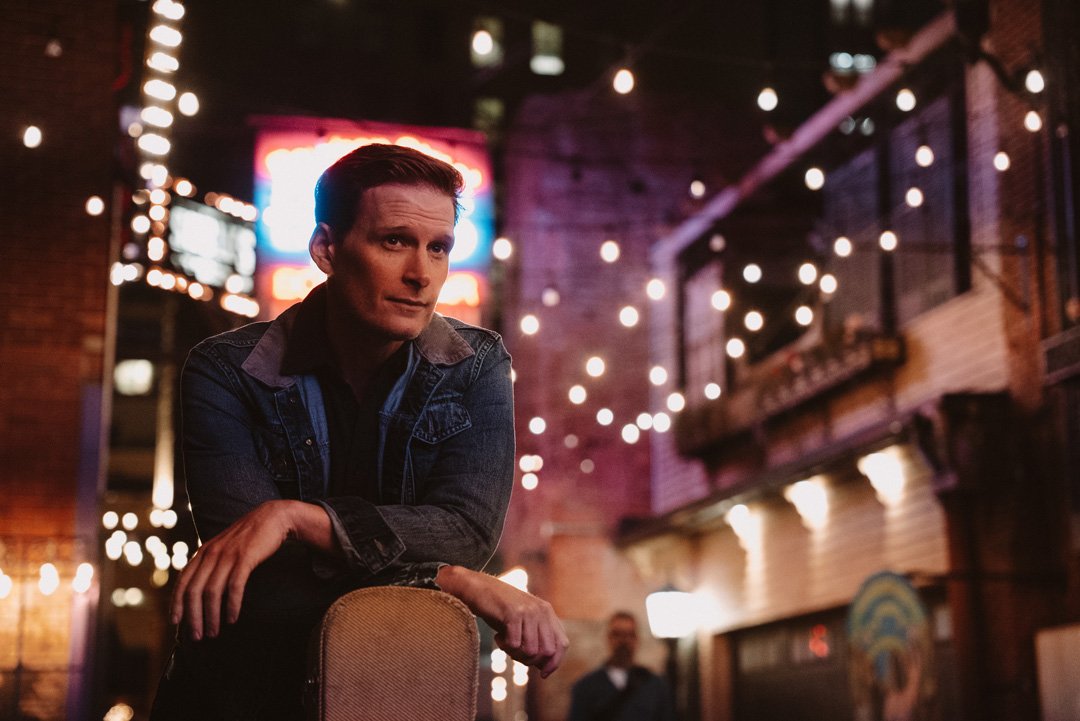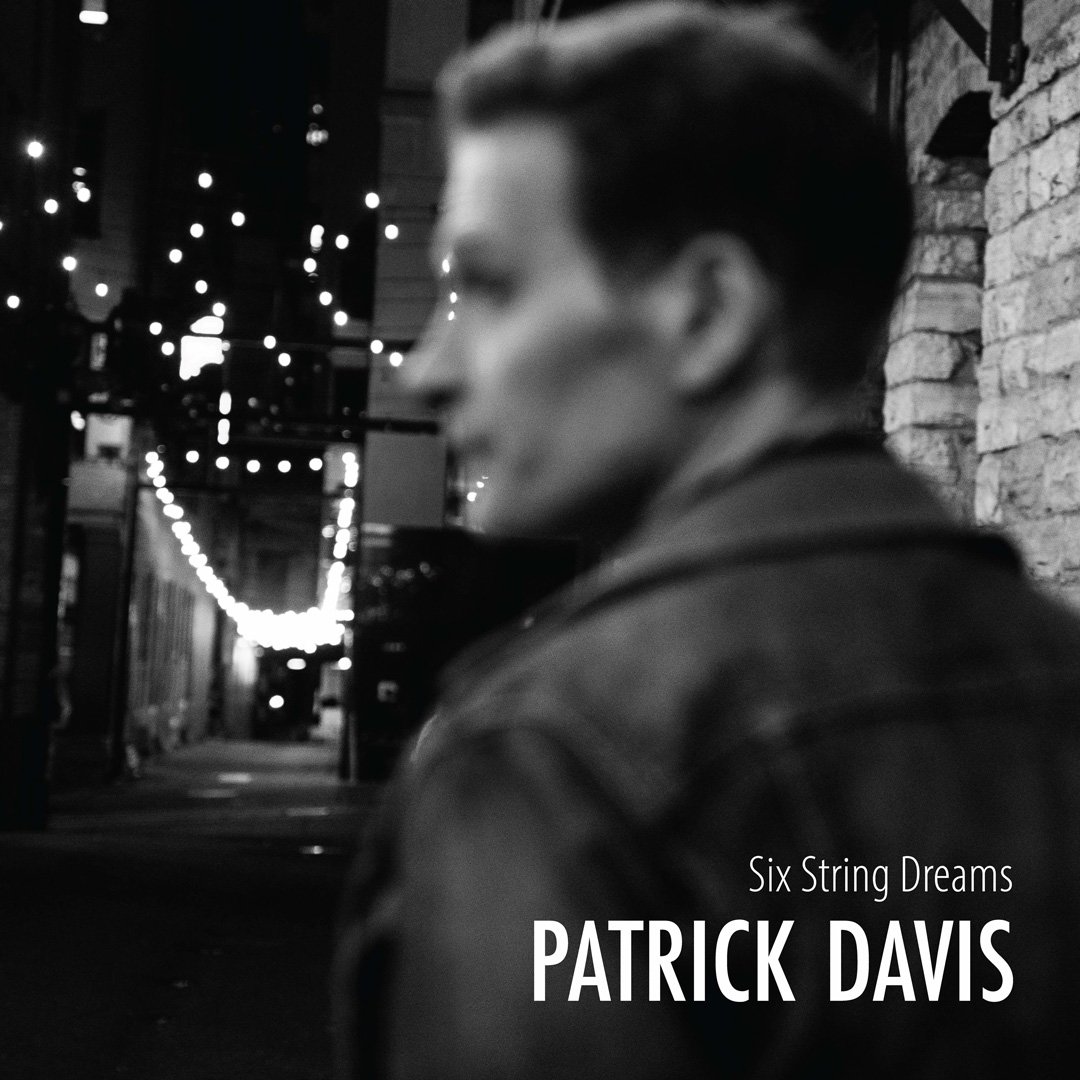
Patrick Davis
BIOGRAPHY
With Carolina When I Die, Davis reintroduces himself as a southern storyteller and classic craftsman. It's a modern-day album steeped in the timeless sounds of his influences: the smooth soul of Ray Charles, the heartland folk-rock of Jackson Browne, the nuanced country of Lyle Lovett, and the big-band bombast of Joe Cocker's Mad Dogs & Englishmen. Tying those sounds together is a versatile musician who, having already established himself as a hit songwriter for others, is rededicating himself to his own records. Carolina When I Die may be the fifth full-length release of Davis' catalog, but it marks a new beginning, too.
"I've always said I'm a very late bloomer," he explains. "I didn't move to Nashville until I was 25, and then I spent years writing songs for projects that weren't my own. It's taken me some time to figure out who I am, and that's ok. The journey never ends. If it does, maybe you're not doing it right. To me, Carolina When I Die is one of the most important parts of that journey, because it's an album that says, 'This is who Patrick Davis truly is.'"
Carolina When I Die nods to Davis' small-town roots in Camden, South Carolina, where he spent most of his adolescence. His father was a working musician who taught his son to appreciate the good stuff, from the Beatles to Van Morrison. When he was still young, Davis would attend his dad's shows and climb onstage for a song or two, laying the foundation for the career he'd launch as an adult. With "Carolina When I Die," the album's title track, he reflects on countless miles traveled since leaving that childhood home. "I've rambled all around this world, seen the Northern Lights / I have drank with kings and queens and señoritas of the night," he sings over a finger-plucked acoustic guitar. The song isn't just a travelogue; it's a love song for one's home, with Davis longing to go back to the place where it all began.
If "Carolina When I Die" unfolds like Davis' own story, then "Six String Dreams" is the story of musicians everywhere. Written alongside Sadler Vaden — longtime guitarist for Jason Isbell and the 400 Unit — and rooted in a 1970s-worthy soul groove, the song pays tribute to blue-collar troubadours who make their living beneath the stage lights. During the rest of Carolina When I Die, Davis gets funky on "L-O-V-E" (written with Randolph Randolph, who recorded his own version of the song on the Grammy-nominated album Got Soul), teams up with the late Guy Clark for "Wrong Side of the Tracks," and examines the colorblind friendship between two characters on the stunning "Black Jesus." Some songs make room for stacked layers of electric guitar, brass, organ, and vocal harmonies — a dense sound that Davis regularly recreates in a live setting with his 11-piece touring band, Patrick Davis & His Midnight Choir — while others are simple, stark, acoustic recordings that shine a light on Davis' own delivery. It's an eclectic mix, delivered by a lyrically-driven songwriter who's never been afraid to embrace the full range of his influences.
"When I was a kid in South Carolina, I made my living by playing songs in the corner of a bar," Davis remembers. "Once I moved to Nashville and landed a publishing deal, it took me away from that experience a little bit. I've been lucky — a lot of people have recorded my songs, and some of them have become hits on the radio — but I've always wanted to be that person onstage, playing his own songs. Carolina When I Die isn't about someone else; it's about who I am. This is the sound of me reclaiming a dream."
PRESS RELEASES
MARCH 1, 2024 ACCLAIMED SONGWRITER PATRICK DAVIS SHARES NEW SONG “SOUTHERN ROCKS”
DECEMBER 8, 2023 SOUTHERN SONGWRITER PATRICK DAVIS SHARES NEW SONG "L-O-V-E"
VIDEOS


PRESS IMAGES
CONTACT
Emily Ginsberg
ginsberg@bighassle.com
